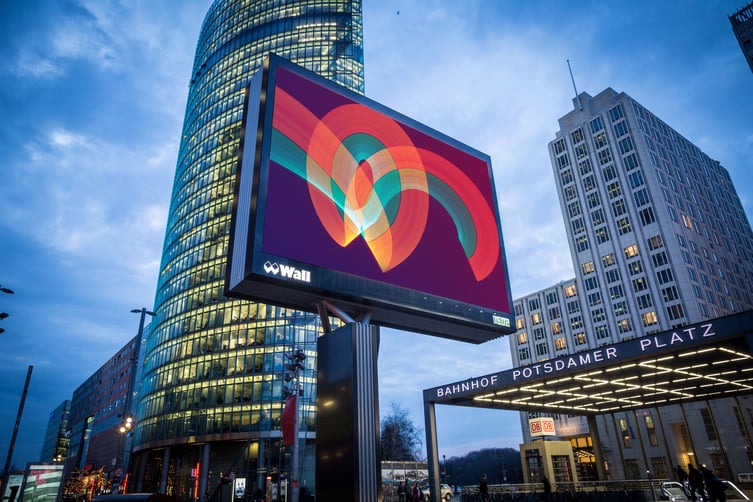
This is a main paragraph title
Despite global challenges, the travel and hospitality industry has grown significantly since the end of 2022. In Q4 2022, it was one of the most recommended sectors, spurred on by consumers telling their friends and family about memorable days out and holidays. Compared to the rest of 2022, consumers shared travel and hospitality brands 20% more. Compared to Q4 2021, they shared them a remarkable 84% more.
These word of mouth conversations had a significant impact on business, driving 96% more orders year-on-year.
Now, the challenge facing travel providers is sustaining this growth. Rather than investing endless budget and attention into acquiring one-off customers, forward-thinking marketers are instead nurturing their best customers so they return with their friends in tow.
But turning loyal customers into meaningful growth starts with knowing who these customers are – and they might not be who you think.
This is a subparagraph title
When you hear the word ‘loyalty’, your mind likely jumps straight to traditional loyalty programmes, where customer spending is rewarded with points and discounts.
Yet these points simply reflect shopping behaviour, ignoring loyalty beyond the checkout. The big spenders you’re so avidly rewarding may easily have their heads turned by another, better reward from a competitor. Meanwhile, you're likely neglecting a segment of customers delivering significant value another way: by advocating for your brand.
True loyalty shows up in more ways than just regular spending. Your most loyal (and valuable) customers are those leaving 5-star reviews, posting about you on social media, and shouting about your brand to their friends and family.
CTA at the end of the blog post goes here lorem ipsum sit dolor amet nunquam

This is a main paragraph title
Despite global challenges, the travel and hospitality industry has grown significantly since the end of 2022. In Q4 2022, it was one of the most recommended sectors, spurred on by consumers telling their friends and family about memorable days out and holidays. Compared to the rest of 2022, consumers shared travel and hospitality brands 20% more. Compared to Q4 2021, they shared them a remarkable 84% more.
These word of mouth conversations had a significant impact on business, driving 96% more orders year-on-year.
Now, the challenge facing travel providers is sustaining this growth. Rather than investing endless budget and attention into acquiring one-off customers, forward-thinking marketers are instead nurturing their best customers so they return with their friends in tow.
But turning loyal customers into meaningful growth starts with knowing who these customers are – and they might not be who you think.
This is a subparagraph title
When you hear the word ‘loyalty’, your mind likely jumps straight to traditional loyalty programmes, where customer spending is rewarded with points and discounts.
Yet these points simply reflect shopping behaviour, ignoring loyalty beyond the checkout. The big spenders you’re so avidly rewarding may easily have their heads turned by another, better reward from a competitor. Meanwhile, you're likely neglecting a segment of customers delivering significant value another way: by advocating for your brand.
True loyalty shows up in more ways than just regular spending. Your most loyal (and valuable) customers are those leaving 5-star reviews, posting about you on social media, and shouting about your brand to their friends and family.


